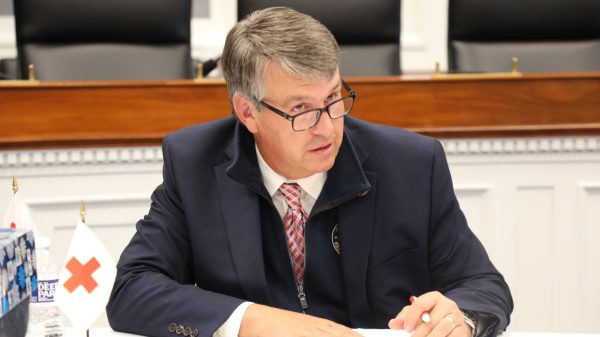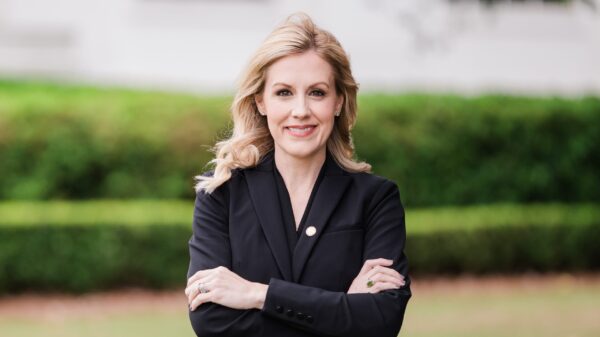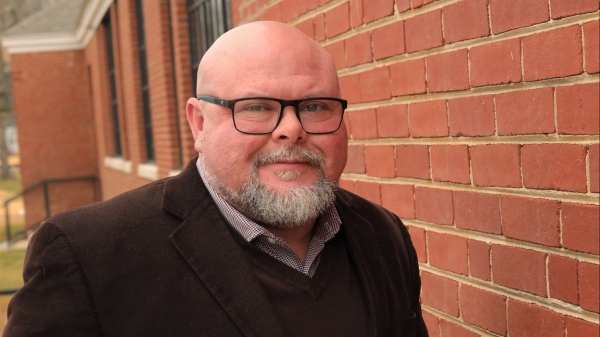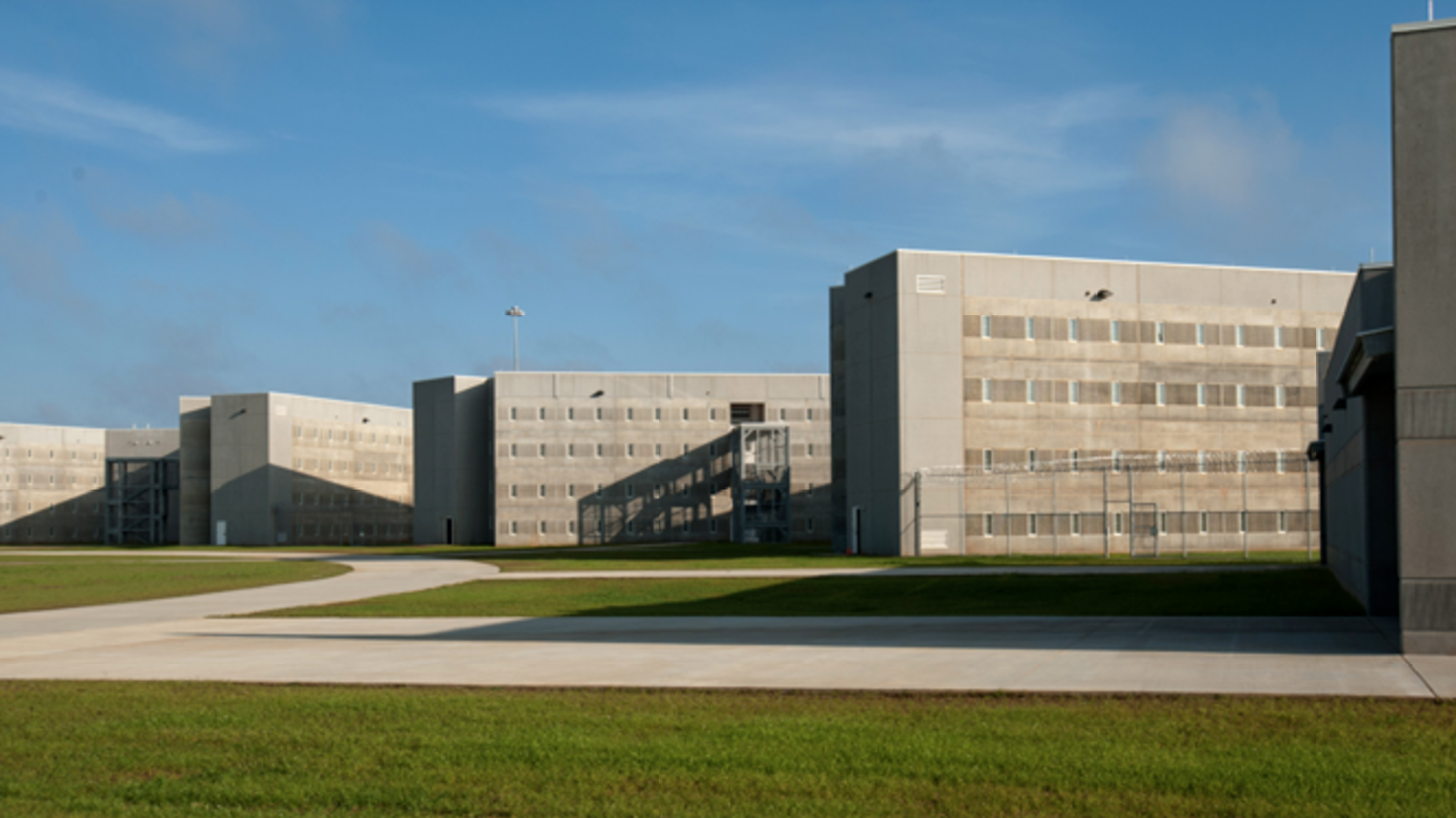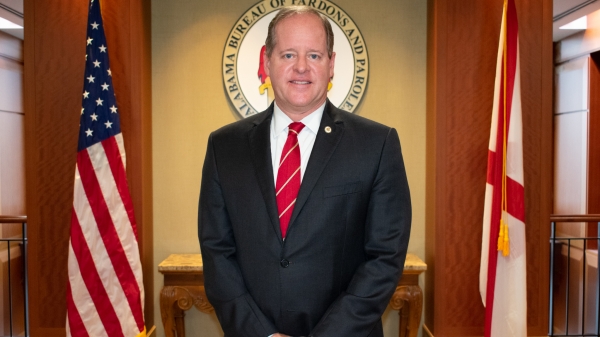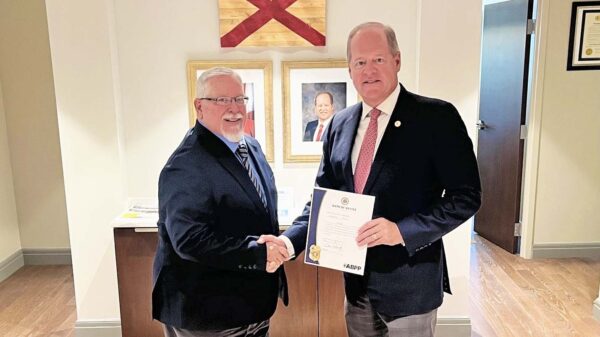By Chip Brownlee
Alabama Political Reporter
MONTGOMERY — The Alabama House Judiciary Committee has approved an ambitious, albeit controversial plan to build three new regional men’s prisons and a new women’s prison at a cost of up to $845 million, which would be financed through revenue bonds.
The committee voted Tuesday morning 9-5 to give the bill a favorable report. Rep. Mike Holmes (R-Wetumpka) and Rep. Allen Farley (R-McCalla) joined three Democrats on the committee to vote no against the plan sponsored by Sen. Cam Ward (R-Alabaster).
A local option would allow counties and municipalities to bid to take out their own bonds to construct the three men’s prisons, which would cost about $215 million apiece. If no counties or cities step up to take the prisons, ADOC would be authorized to move forward with taking out $645 million revenue bond to finance up to three prisons. There could also be a mix between local-backed and ADOC-backed prison bonds.
The bill could authorize between $200 million to $845 million in bonds depending on how many prisons are built by ADOC and how many prisons are built by city or county-backed bonding authorities.
Most other existing state prisons would be closed once the three new men’s prisons are completed. ADOC’s initial proposal for the APTI would have consolidated 14 of Alabama’s 16 major correctional facilities into the four new prisons. In total, the state could only maintain six men’s prisons if all three new regional facilities are built.
Though the plan is an attempt to address overcrowding and systemic understaffing problems, it doesn’t completely alleviate them. The plan would reduce overcrowding from about 175 percent capacity to a little more than 125 percent capacity over the next five years — and only if all three prisons are built.
“Construction by itself is never the answer, by itself,” Ward said. “It’s part of the puzzle.”
The committee debated the bill and several amendments for several hours. Democrats and the two Republican opponents raised concerns that the bill would not actually solve any of the chronic problems plaguing Alabama’s prisons including understaffing and lawsuits facing ADOC over health care.
“When we invest a billion in buildings we are not investing in people,” Rep. Chris England (D-Tuscaloosa) said, “We’ll exhaust all of our political will on something that doesn’t solve the problems.”
When politics gets involved, the Legislature “never adopts policies that solve problems.”
Amendments added to the bill would also allow the State to purchase a private prison facility in Perry County, Alabama, for up to $15 million. The facility was previously a Federal facility that was shut down due to its distance from health facilities and the facility’s own lack of an infirmary. Ward said the facility could be purchased to be used as a community corrections facility that would not need an infirmary.
Another amendment set quality control on the materials used in the prison plan. A third amendment set a backstop for collateral on the bond.
Alabama’s prisons currently house about 23,000 inmates in a system built mostly in the 1970s for a max of 13,000 inmates, according to the most recent ADOC statistical reports.
The State prison population has decreased from about 27,000 after the Legislature passed sentencing reform measures in 2013. The addition new prison could alleviate the overcrowding problem over time, proponents have said.
By consolidating the prisons into three mega-facilities, the State could save $47 million a year — enough to finance the bond payments — and wouldn’t need as many guards, ADOC officials have said.
The plan would be financed through revenue bonds, which could only be used for capital investment such as building new facilities and renovating existing ones. The revenue bonds could not be used for hiring new staff or stocking the prisons with new health equipment.
To spend more money on corrections officers and security at existing prisons would require an increase in ADOC appropriations within the General Fund. The General Fund has been facing deficits for years, and lawmakers have shown no appetite for increasing taxes. That didn’t stop Farley, Rep. Merika Coleman and England from bringing that up.
“It’s going to be 2020 or 2021 before the first inmate or officer are in the new prisons,” Farley said. “How many inmates, guards are going to be sodomized or killed while we are laying bricks and mortar?”
Ward responded by asking what taxes Farley would support to dedicate new appropriations for ADOC.
The bill now heads to the full House, where it will face another up or down vote. That vote would need to take place by Wednesday for the bill to get back up to the Senate for final passage on Thursday.



